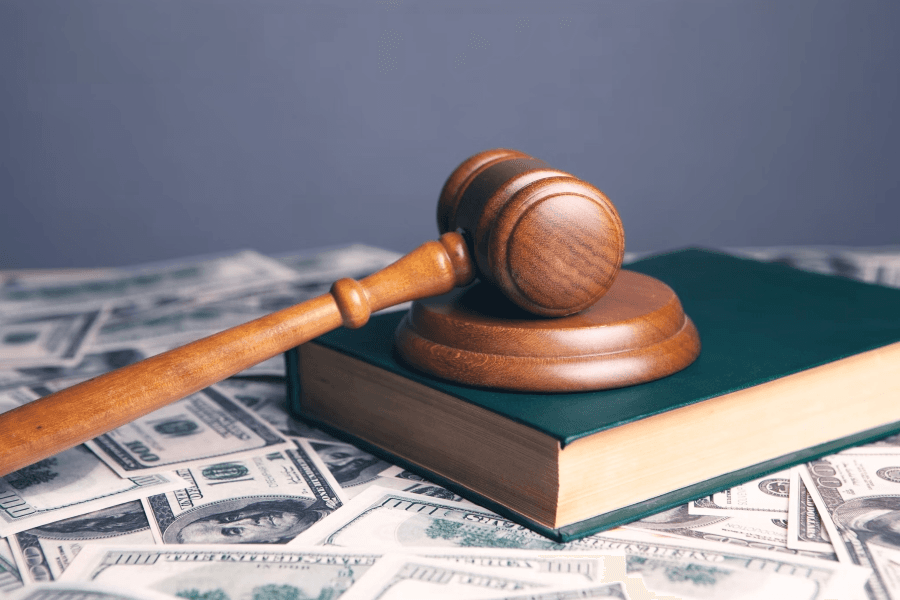
In its rush to tidy the books, the UK government may have just trampled the turf. Industry voices are calling the proposed one-size-fits-all gambling tax not just reckless but ruinous. Catastrophic? It could just cause the slow suffocation of one of Britain’s oldest sports.
The Treasury has launched a 12-week consultation on a new Remote Betting and Gaming Duty (RBGD) aimed at unifying the current patchwork of tax rates into a simplified single charge. At face value, it is a neat bit of admin. But the fallout could be ruinous for those who rely on the economics of fixed-odds betting.
General betting duty (GBD) on horse racing wagers currently stands at 15 percent of gross profits. That contrasts sharply with the 21 percent levied on online games of chance such as slots and roulette. The fear is that “harmonisation” will drag the lower rate up without considering the knock-on effects. An article by the Racing Post delves into further detail.
Industry leaders warn of mockery and collapse
Grainne Hurst, chief executive of the Betting and Gaming Council (BGC), pulled no punches. She warned that raising the betting tax through a single duty would be “utterly self-defeating for the government” and make a “mockery” of its growth strategy.
“Any potential further increase in taxes on our members, so soon after a white paper which cost the sector over a billion pounds in lost revenue, will not raise more money for the Treasury,” she said. “If general betting duty is raised to the same level as remote gaming duty under one new tax, it would be catastrophic for racing’s fragile finances.”
Hurst added: “It will also likely force businesses to push investment and jobs overseas while making their products more expensive for UK customers, driving them to the growing unsafe gambling black market online, which doesn’t pay a penny in tax and doesn’t have any of the safer gambling protections available in the regulated sector.”
“Government must listen to business and sport and not drive growth, investment and jobs out of one of the UK’s few global business success stories.”
Financial pressure builds as operators fear tighter margins
In a climate where affordability checks, advertising restrictions and tightening margins are already piling on pressure, the idea of another fiscal squeeze has rattled the industry. The British Horseracing Authority (BHA) echoed those concerns, warning of “significant unintended consequences” not only for prize funds and race meetings but for the 85,000 people the sport employs.
BHA director of communications and corporate affairs Greg Swift acknowledged, “We remain concerned about the prospect of tax harmonisation in gambling and believe that there could be significant unintended consequences for both racing’s finances and its workforce if the government moves to a single duty.”
Swift also confirmed that the BHA is preparing to respond formally to the consultation, adding: “We will be working with stakeholders to build a strong argument and make sure that racing’s position is fully understood by the government.”
The new consultation, titled The Tax Treatment of Remote Gambling, remains open until 21 July, with the implementation tentatively set for October 2027. But in a move that has stirred more doubt than clarity, the government has declined to state what the new tax rate might be. This leaves many in limbo, wondering if this is a simplification in name only.
If harmonising the tax rate means kicking British racing while it’s already bleeding, then this looks like bureaucratic vandalism dressed up as policy. You can’t bang the drum for British sport on Monday and then throttle its oxygen supply by Friday. The question is, who’s leading this? Is there cross-industry and political collaboration, or is this run by officials who don’t know a bookmaker from a bar tab?
The fragile ecosystem of racing funding at risk
The stakes are high for horse racing because it is more than a sport. It is an ecosystem. From breeders and jockeys to trainers and media rights holders, the financial web is complex, and betting remains its cornerstone. If operator margins shrink because of higher taxes, punters will probably see fewer promotions and worse odds. Lower turnover means a smaller statutory levy, which funds race day operations and prize pots.
The blunt reality? If punters lose interest, the whole house of cards could wobble.
Illegal markets thrive as regulation tightens
And it already is. A SiGMA News investigation into the rise of unlicensed platforms revealed a worrying surge in UK traffic to illegal horseracing betting sites, up a staggering 522 percent between 2021 and 2024. The BHA raised the alarm earlier this year, warning that strict regulation, if not carefully balanced, could drive bettors into the black market, where neither tax nor safety measures apply.
In that context, a single, higher-rate tax feels like lighting a match in a stable full of hay.
Racing sector recalls earlier warnings
And this isn’t the first red flag. Not too long ago, SiGMA reported that the horseracing industry was already bracing for a possible £3 billion tax hike under Labour’s early proposals to plug a £22 billion public deficit. The sector reacted with fury, citing the sheer fragility of its current model and the risk of long-term reputational and financial decline.
At the heart of the criticism is the idea of ‘fantasy economics’. A belief strongly held in racing circles that government projections do not account for behavioural shifts. Drive up taxes, the argument goes, and punters walk away. Or worse, log in elsewhere. The irony? Those operators don’t pay UK tax at all.
Industry leaders seek levy reform and a smarter regulatory model
There is, however, still time to correct the course. The BHA has confirmed it will submit a formal response and rally support across the sport. Suggestions include increasing the levy rate from 10 to 11.5 percent, reforming its structure to reflect digital-era realities, and boosting marketing investment to keep British racing visible globally.
While the suits shuffle numbers in Westminster, racing’s champions are fighting for common sense. They are demanding protection for punters, for jobs, and for a sport that deserves better than to be on life support. That means smarter affordability checks, targeted enforcement, and a tax structure that doesn’t punish legitimate operators for playing by the rules.
British racing has weathered storms before, from foot and mouth to the pandemic, but the threat this time is structural. Quietly and without headlines, a fiscal policy shift could flatten one of the UK’s oldest and proudest sporting traditions. The horseracing fraternity won’t remember this as a tax policy. They’ll remember it as a betrayal.
For now, the consultation rolls on. But if racing’s warnings fall on deaf ears, the damage won’t wait until 2027.



 2025-04-30
2025-04-30















